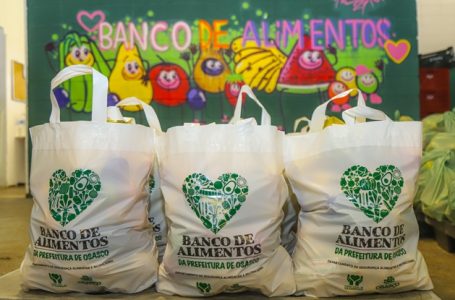The Food Bank, a member of the Management Committee of the Brazilian Network of Food Banks, is an ongoing and coordinated initiative of the Osasco City Hall, linked to the Executive Secretariat for Food and Nutritional Security, Sustainability, and Social Innovation (SESAN). It collects, sorts, and distributes surplus food and items that fall outside commercial standards but are still suitable for human consumption. It also implements the Food Acquisition Program (PAA), distributing produce from family farming to families facing food insecurity.
The Food Bank was established as part of efforts to strengthen public policies to combat hunger and food waste, guided by the principles of the National Food and Nutritional Security System (SISAN) and the Organic Law on Food and Nutritional Security (LOSAN – Law No. 11.346/2006). Its mission is to fight hunger, food insecurity, and food waste while also contributing significantly to population adaptation to the impacts of climate change.
Currently, the facility serves around 20,000 socially vulnerable families each week, distributing food kits primarily composed of fresh produce, as a means of nutritional supplementation.

